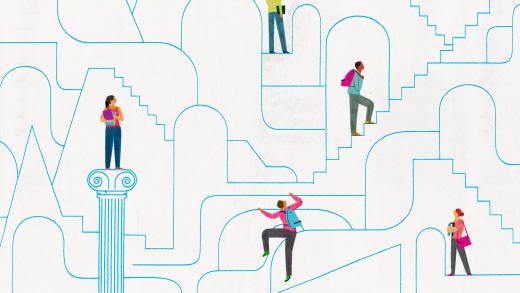Stories about people trying to find new solutions to age-old problems—solutions that sometimes cause problems of their own.
-
Download Control-click (or right-click) Tap and hold to download
- Subscribe on Spotify Subscribe in Apple Podcasts Subscribe
- Transcript




We made an updated version of this episode in 2008.
Prologue
Mother Of Invention
Karen Sosnoski's one-year-old son, Anton, was born with what's known as Mosaic Down Syndrome, a rare condition where some of his cells have the extra chromosome that causes Down syndrome and other cells don't. So as he grows, he could end up having all the health risks and challenges of Downs syndrome...or just a few of them. Through a website, Karen found a kid with the same diagnosis, named Tim Colvin, who was doing really well...perhaps because his mother, Kristy, invented a surprising and unusual way to raise her son. When some people hear about what Kristy did, they're shocked. Karen went to talk to Kristy and Tim about how Tim was raised. (13 minutes)
Everything Must Go
Nellie Thomas sold ammunition illegally on the South side of Chicago. He made a good living—in cash. And that was his problem. The money was driving him crazy. He was ashamed to tell his family how he earned it, he was afraid he'd be robbed, and he didn't know how to get rid of it. So he kept it in big black garbage bags which he hid around his house and yard. Then one day, he came up with the perfect way to get rid of the money. Sudhir Alladi Venkatesh tells Nellie's story. Sudhir is a sociology professor at Columbia University and recent author of Off the Books: The Underground Economy of the Urban Poor. (15 minutes)
What Would Fill-in-the-blank Do?
Reporter Brett Martin tries to use the tools of modern marketing to invent a new religion...one that would serve all the Americans who don't associate with any particular organized religion. It's a lot of people: Forty-three percent of the country says they don't consider themselves religious (according to a 2002 USA Today/Gallup poll). (11 minutes)



